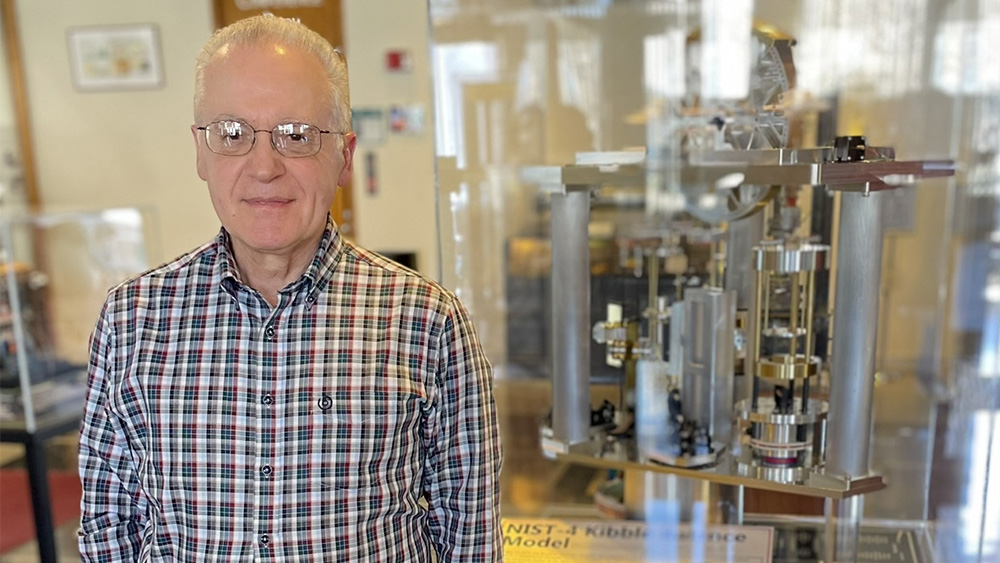
NIST Fellow and researcher Antonio Possolo helped estimate the value of the Planck constant. The Kibble balance, pictured here, uses the numerical value of Planck constant to define the kilogram. Credit: M. King/NIST
If a traveler from Germany goes to Vietnam and falls ill, the results of their blood test there should be as meaningful as if the test were taken at home. If a Japanese airliner lands in Argentina and needs a part, that part needs to be installed using properly calibrated tools.
|
ADVERTISEMENT |
Commerce, science, engineering, medicine, and most other human activities depend on measurements. In a global economy, measurements need to be reliably comparable across the world.
But how do we ensure that actually happens?
National metrology institutes—NIST and equivalent institutes in other countries—participate often in rigorous, challenging comparisons of their measurement capabilities. Each laboratory measures the same material or piece of equipment, generally following the same steps, and the labs compare results. These are called key comparisons. If results are not mutually consistent, then it’s a learning opportunity for the participants to improve their measurement procedures.
…
Add new comment